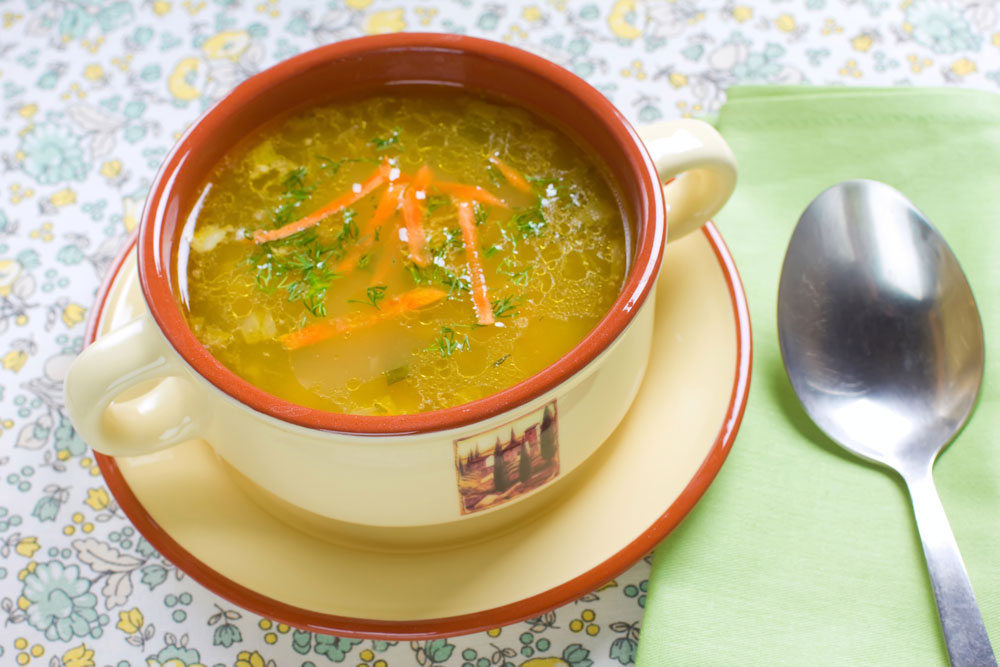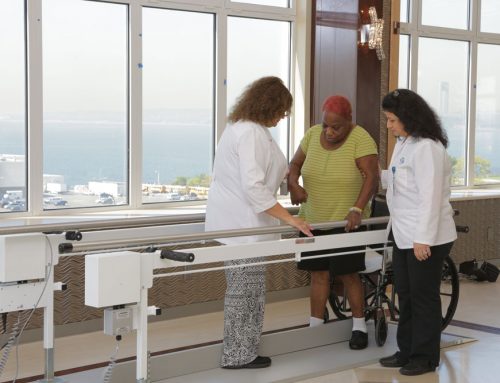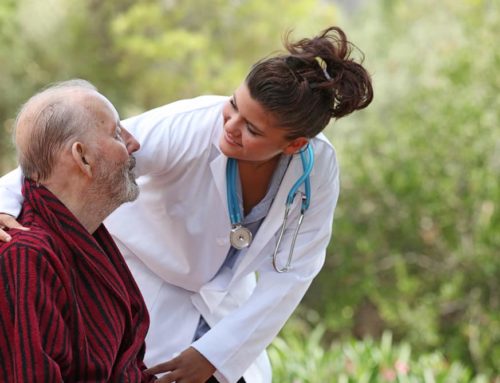After surgery, healing and recovery are the most important considerations. One factor that affects this is what you eat. Food after surgery can be beneficial or harmful, depending on the options you choose. Certain foods can negatively affect your health and recovery, while others help you heal faster.
At Haym Salomon Home for Nursing & Rehabilitation in Brooklyn NY, we know that recovery requires eating specific quantities of the right foods at the proper time. We discuss dietary needs with every resident, as well as any allergies or preferences they may have. Then our dietary department tailor the meals to meet those needs, offering a healthy menu to all our residents.

Food After Surgery
What you eat after surgery can affect you in several ways. Post-surgery, your body will require the energy needed for those recovery tasks, like physical therapy. Healthy foods also provide your body with the nutrients it needs to heal properly.
Some food after surgery can also cause unexpected consequences that can hinder your recovery. Such consequences could include constipation or high blood pressure. That’s why it is so important to follow the dietary plan given to you by your medical team.
Foods to eat
One of the first things you should ingest after surgery is clear liquids. These include water, soup broth, and fresh juice. You can add some full liquids as well, such as yogurt, and creamy cereals or soups. Even coffee and tea are fine in moderation, with or without milk or cream, depending on your dietary needs.
Whole grains are an essential food after surgery due to their high levels of fiber, carbohydrates, vitamins, and nutrients. As well as being incredibly healthy, whole grains reduce constipation caused by some medications. Some options to consider are whole-grain bread, crackers, or pasta. Brown rice, legumes, and both cold and hot cereal are good options as well.
Protein is needed to help your body build new tissue, though you must choose your protein sources carefully. Healthy, low-fat options include skinless chicken or turkey, pork, seafood, nuts, legumes, or tofu. Low-fat dairy products are also good protein sources, including cottage cheese and skim milk.
Fruits and vegetables are essential since they are high in vitamins and nutrients that strengthen your immune system. You can choose frozen or canned options, though fresh fruits and veggies are the best foods after surgery. Berries are especially beneficial since they contain high levels of Vitamin C and antioxidants. Leafy greens also contain antioxidants and are high in fiber, so should be added to your meal planning.
Foods to avoid
As well as eating the right foods after surgery, there are a few you should avoid. Some options increase the chances of constipation, including cheese, red meat, sugary treats, and processed foods. Processed foods also lack the nutrients needed to heal, so are especially detrimental to your health.
Alcohol should also be avoided since it could react with certain medications while increasing dehydration. Spicy foods can upset your stomach, so are also on this list. Fatty or fried foods lack nutrition, plus can be hard to digest or cause nausea or vomiting after surgery.
This content comprises informative and educational resources only and can not be considered as a substitute for professional health or medical guidance. Reliance on any information provided in this article is solely at your own risk. If you have any inquiries or apprehensions about your medical condition or health goals, talk with a licensed physician or healthcare provider.






Leave A Comment